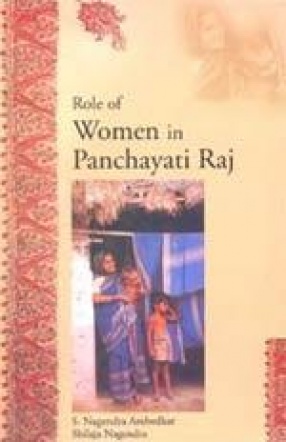Reservation Policy: Issues and Implementation
Synopsis
Policies of affirmative action--subsidies and scholarship, reservation of government jobs and special political representation--for the low castes were instituted by the British India, Sri Lanka, Malaysia and other colonies and have grown enormously since independence. India may well have the largest affirmative action programme in the world. Lelah Dushkin observed in 1957 that probably no where in the world is so large a lower class minority granted so much favourable special treatment by the government as are the depressed classes of Indian today. The scope of its various policies has been steadily enlarged, sometimes giving rise to violent protests. Many of the arguments used both for and against the reservations naturally resemble those used in other countries pursuing affirmative action whether or not role models are important, the relevance of historical injustice, the effects of efficiency and so on. But there are also especially Indian features of the debate. These may not contribute much to the general analysis of affirmative action, but they reveal a great deal about the social values in Indian intelligentsia and their beliefs about the possibilities of reforms in India. The subject of reservations, i.e., the creation of statutory quotas for specific groups in the legislatures, public services and institutions of higher education has reportedly emerged as a critical issues in the political history of twenty-first century in India. Reservations were originally provided for the Scheduled Castes and Scheduled Tribes. It was extended to the other backward classes at the national level in 1993. Several states have passed their own laws and granted reservations to backward classes of society. It was held by the Supreme Court of India that reservations could be made under an executive order. This book will be useful to scholars, students of political science and sociology.
Read more
45.00
40.5
$
50.00 $
Free delivery Wolrdwidе in 10-18 days
Ships in 2-4 days from New Delhi
Membership for 1 Year $35.00
Get it now and save 10%
Get it now and save 10%
BECOME A MEMBER











Bibliographic information